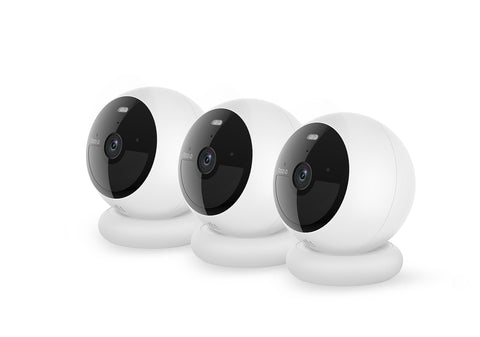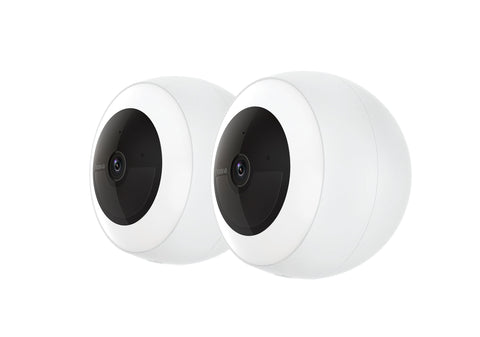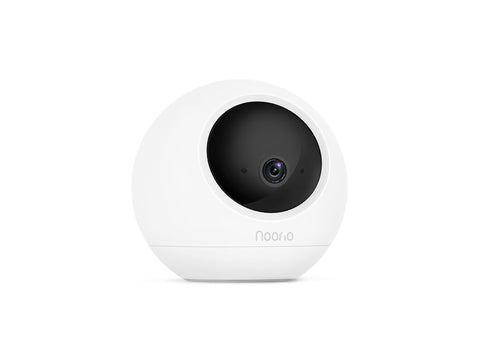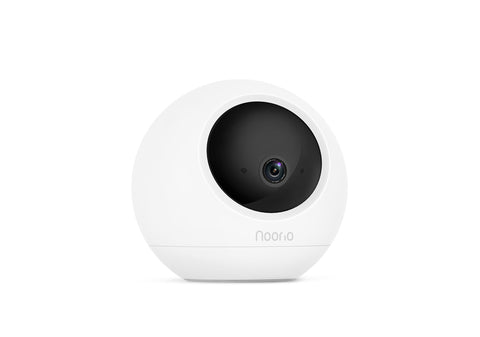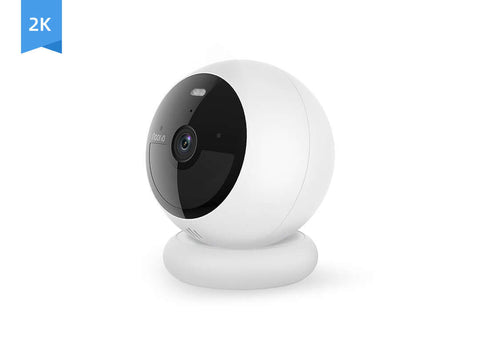Selecting the right resolution for your security camera system is crucial for ensuring optimal surveillance coverage and image quality. With advancements in technology, homeowners now have a choice between 2K and 4K resolutions, each offering its own set of benefits and considerations. Noorio Wireless Security Cameras provide options for both resolutions, allowing users to make an informed decision based on their specific needs. In this article, we'll delve into the resolution dilemma and explore the factors to consider when choosing between 2K and 4K in security camera systems.
Understanding 2K and 4K Resolutions:
-
2K Resolution: Also known as 1080p resolution, 2K offers a display resolution of 1920 x 1080 pixels. While it provides clear and detailed images, it falls short of the ultra-high definition offered by 4K cameras.
-
4K Resolution: 4K resolution, or Ultra High Definition (UHD), offers four times the pixel density of 1080p, with a resolution of approximately 3840 x 2160 pixels. This results in sharper, more detailed images, making it ideal for capturing fine details and identifying objects or individuals in surveillance footage.
Factors to Consider When Choosing Resolution:
-
Image Clarity: One of the primary considerations when choosing between 2K and 4K resolutions is image clarity. 4K cameras offer superior clarity and detail compared to 2K cameras, allowing users to see finer details and nuances in surveillance footage.
-
Coverage Area: The size of the area you need to monitor plays a significant role in determining the appropriate resolution. For larger areas or spaces with high levels of detail, such as parking lots or large yards, 4K cameras may be more suitable for capturing fine details over longer distances. However, for smaller areas or indoor spaces, 2K cameras may provide sufficient coverage without sacrificing image quality.
-
Bandwidth and Storage Requirements: Higher resolution cameras, such as 4K, require more bandwidth and storage space compared to lower resolution options. When choosing a resolution, consider your network bandwidth and storage capabilities to ensure smooth streaming and sufficient storage for recorded footage.
-
Cost Considerations: 4K cameras typically come with a higher price tag compared to 2K cameras due to their advanced technology and superior image quality. Consider your budget constraints and weigh the cost-benefit ratio of investing in higher resolution cameras for your security system.
Noorio Wireless Security Cameras:
Noorio Wireless Security Cameras offer options for both 2K and 4K resolutions, providing homeowners with flexibility and choice in designing their security systems. Whether you prioritize image clarity, coverage area, bandwidth and storage requirements, or cost considerations, Noorio cameras deliver reliable performance and advanced features to meet your needs.
Conclusion:
In conclusion, choosing between 2K and 4K resolutions in security camera systems requires careful consideration of various factors, including image clarity, coverage area, bandwidth and storage requirements, and cost considerations. Noorio Wireless Security Cameras offer options for both resolutions, allowing users to customize their security systems to suit their specific needs and preferences. By understanding the resolution dilemma and evaluating your requirements, you can make an informed decision and ensure optimal surveillance coverage and image quality for your home or business.

